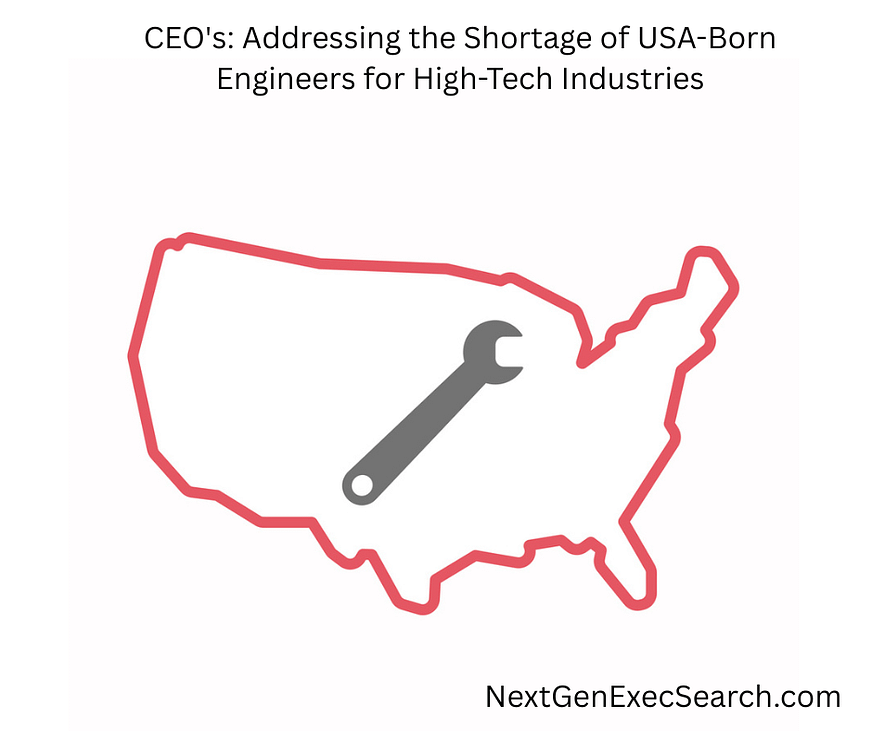CXO Transitions: Quiet Moves. Big Impact!
The New Front Line of CXO Transitions in Tight Executive Markets
CXO transitions have entered a new phase. What once resembled informal networking and opportunistic career movement now operates as a high-risk, high-stakes governance challenge. In tightly connected industries, executive mobility is no longer a personal decision alone—it directly affects Board confidence, investor perception, and enterprise stability.
For CEOs, Chairpersons, and senior CXOs, the ability to explore opportunities openly has effectively disappeared. A single visible signal can trigger speculation, succession discussions, or premature loss of mandate. As a result, executive transitions increasingly occur in silence, shaped by discretion rather than visibility.























